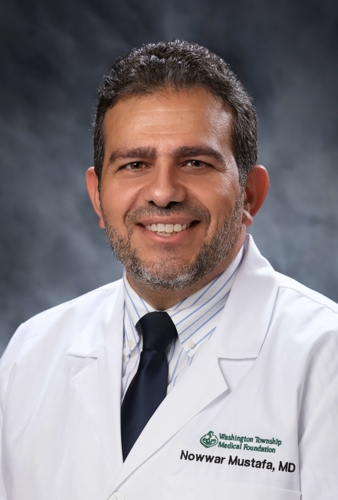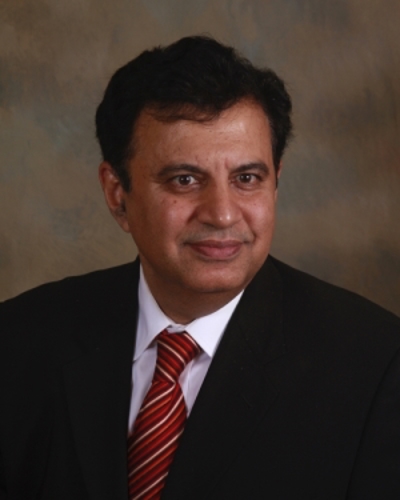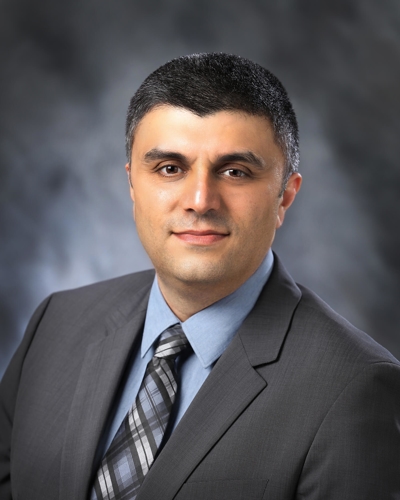
Cardiac Arrhythmias
About Heart Arrhythmias
A cardiac arrhythmia is any irregularity in your heartbeat. This term can refer to any change in the regular sequence of electrical impulses in your heart. Your heart beats, on average, 100,000 times a day, pumping 2,000 gallons of blood throughout your body. When the electrical impulses are too fast, too slow, or erratic, the heart can beat improperly in reflection of this irregularity, which then affects the way that your blood is pumped through your body. This, in turn, can affect your other organs, including your lungs and brain, and may cause significant and irreversible damage.
Types of Arrhythmias
There are different types of heart arrhythmias, including:
- Irregular contraction of the upper heart chambers or “atria;” atrial fibrillation
- Slow heart rate; bradycardia
- Abnormal heart beat; conduction disorders
- Rapid heart rate; tachycardia
- Irregular contraction of lower heart chambers or “ventricles;” ventricular fibrillation
- Premature heart beat / contraction
Diagnostic Procedures
Some common tests that may be used for arrhythmia diagnosis include:
- Exercise stress test
- Holter monitor
- Electrocardiogram (EKG)
- Transthoracic echocardiography (TTE)
- Transtelephonic monitor / event recorder
Treatment for Arrhythmia at Washington Township Medical Foundation
Treatment is not always necessary for a heart arrhythmia. In most cases, it is only required if the condition is raising your risk for complications or if you are experiencing serious symptoms such as chest pain, shortness of breath, fatigue, fainting, dizziness, heart palpitations, and lightheadedness. Medications, implantable devices, and surgical remedies may help in some situations.
Ask your doctor at Washington Township Medical Foundation in Fremont about your options and the path that is right for you.
-
Cardiology Cardiology, Cardiovascular Disease, Internal Medicine 39300 Civic Center Drive
Suite 200
Fremont, CA 94538
(510) 248-1670 More Information


.jpg)


